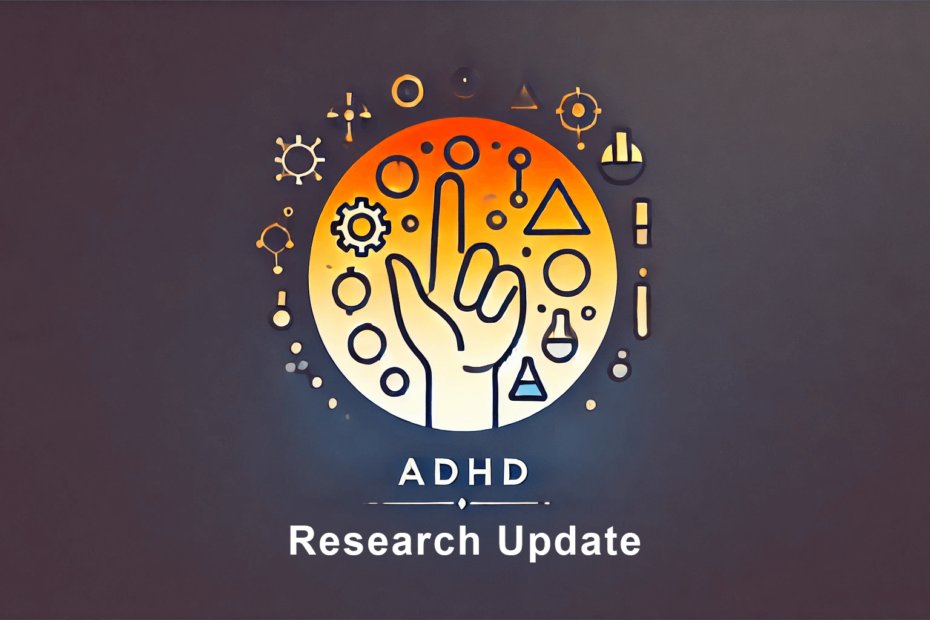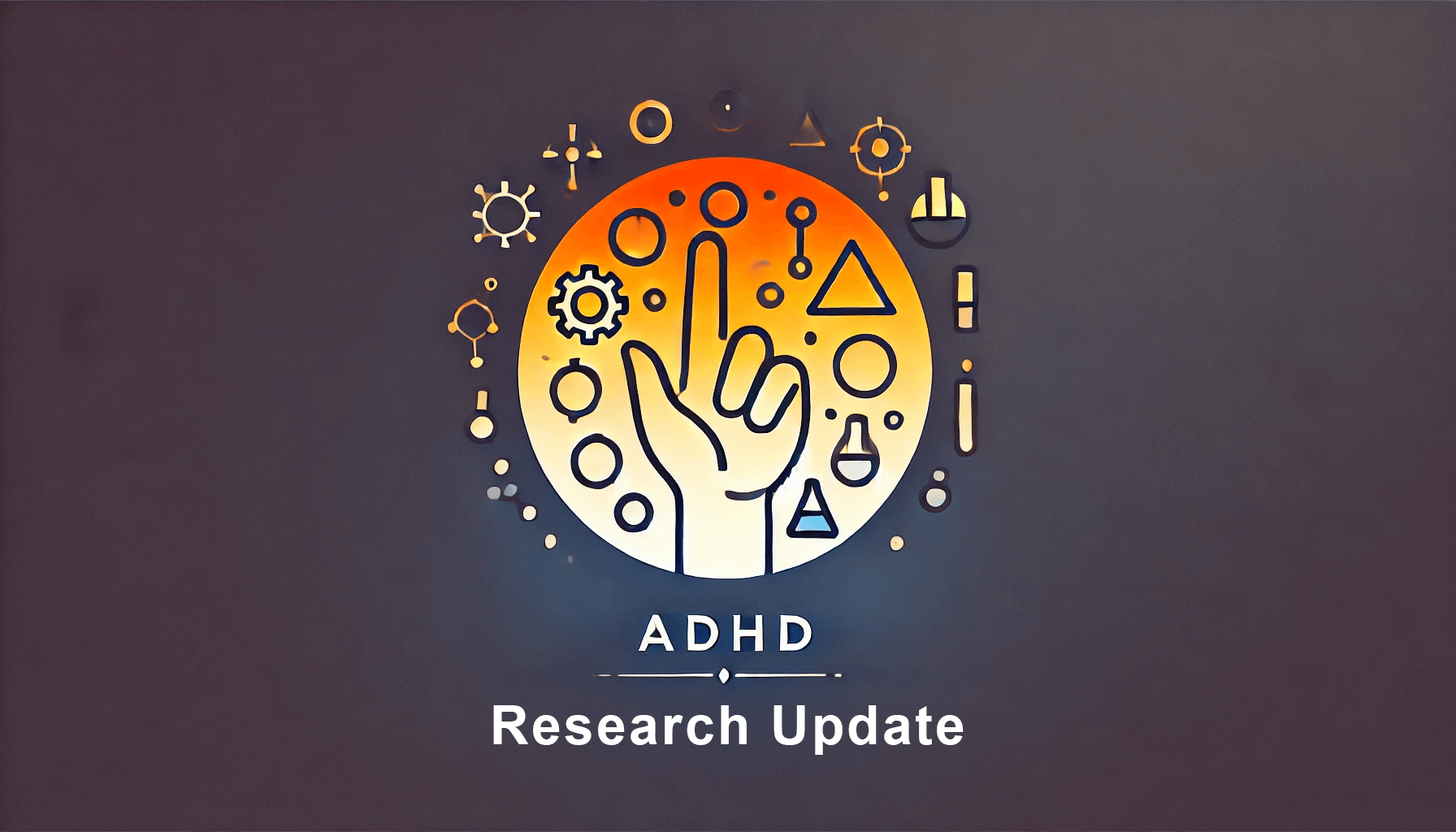Several new studies were published in August 2024, including research on teacher knowledge and attitudes, unmet needs of educators, and innovative interventions for ADHD, such as the use of virtual reality to enhance social skills. Below is a summary of the latest findings.
Teachers’ Knowledge and Attitudes
A cross-sectional study conducted by Alsaad et al. examined the knowledge and attitudes of elementary school teachers in Saudi Arabia regarding ADHD. Using a structured questionnaire with 384 participants, the study found that approximately 94% of teachers had a low level of knowledge about ADHD, although 96% demonstrated a positive attitude towards students with the condition. Positive associations were found between knowledge levels and factors such as age, previous experience with ADHD, and nationality. The study concludes that while attitudes are largely positive, there is a pressing need for training programs aimed at increasing knowledge and improving the capacity to manage ADHD symptoms in the classroom.
Read the article: Knowledge and Attitude of Elementary School Teachers Towards ADHD in The Kingdom of Saudi Arabia
Unmet Needs of Teachers
In a qualitative study by Aldabbagh et al., the unmet needs of teachers who work with children displaying ADHD symptoms were explored. Through semi-structured interviews with 17 educators, six main themes were identified, including the disruptive nature of ADHD behaviours in the classroom, the overwhelming demands on teachers, and the lack of adequate training and support. Teachers expressed a need for more specific training on managing ADHD-related externalising behaviours, which would enable them to provide better support for students while also maintaining a positive classroom environment.
Read the article: Exploring the Unmet Needs of Teachers of Young Children with ADHD Symptoms: A Qualitative Study
Virtual Reality and Social Skill Enhancement
A quasi-experimental study by Abdullah et al. explored the use of virtual reality (VR) to improve social skills in children with ADHD. The researchers developed four VR applications using Google Cardboard technology, targeting specific social skills such as greeting, turn-taking, and cooperation. The study found that the intervention was particularly effective in children with mild to moderate ADHD symptoms. However, those with severe symptoms showed limited improvement. This study highlights the potential of using VR as a supplementary tool to traditional educational programs in enhancing social skills among children with ADHD.
Read the article: Employing Elements of Virtual Reality to Enhance Social Skills Among Children With Attention-Deficit/Hyperactivity Disorder: Quasi Experimental Study
References
- Abdullah, R., Alrige, M., & Bitar, H. (2024). Employing Elements of Virtual Reality to Enhance Social Skills Among Children With Attention-Deficit/Hyperactivity Disorder: Quasi Experimental Study. TEM Journal, 13(3), 2237-2248, doi: 10.18421/TEM133-51
- Aldabbagh, R., Daley, D., Sayal, K., & Glazebrook, C. (2024). Exploring the Unmet Needs of Teachers of Young Children with ADHD Symptoms: A Qualitative Study. Children, 11(9), 1053, doi: 10.3390/children11091053
- Alsaad, A., Alanazi, A., Alkatheri, B., Alqahtani, R., Hadi, F., Alotaibi, N., Alawad, A., Almaghrabi, H., Alzahrani, A., Alshlahy, S., & Alzahrani, K.T. (2024). Knowledge and Attitude of Elementary School Teachers Towards ADHD in The Kingdom of Saudi Arabia. CAHIERS MAGELLANES-NS, 6(2), 1176-1197, doi: 10.6084/m9.figshare.26310276

